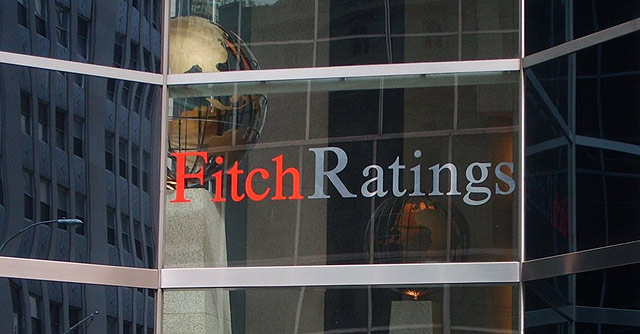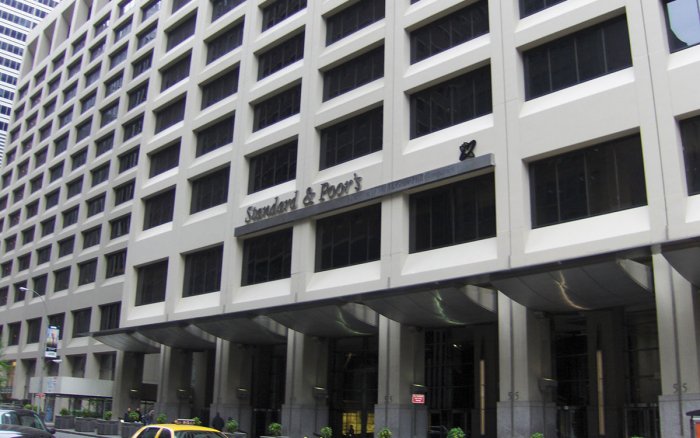Election result ensures economic policy continuity, say analysts

The victory of the ruling coalition in Sundayʼs Hungarian legislative elections will ensure economic policy continuity, Fitch Ratings said on Monday. In a note released in London, the ratings agency said this will support strong growth this year, but could increase risks of the emergence of macroeconomic imbalances.
Fidesz did not publish a specific policy program ahead of the elections, instead highlighting its record in government since 2010. Fitch therefore expects economic policy continuity, with accommodative fiscal policies in 2018 likely to support the strong cyclical position of the economy, according to a summary by national news agency MTI.
"We forecast growth to remain around 4% this year, partly due to another minimum wage increase," Fitch was cited as saying. "This would be in line with our assumptions when we affirmed Hungaryʼs BBB-/Positive sovereign rating on 9 March."
Fitch said it expects the authorities to keep the general government headline deficit below the EU criterion of 3% of GDP, "which we consider an important policy anchor, over our rating forecast horizon." This, it added, would keep public debt on its downward trajectory, which Fitch forecast would fall to 70% of GDP this year, although adding that this does not include the possible incorporation of Eximbank debt, of around 2 percentage points, into public debt figures.
"We believe the central bank will only raise interest rates once inflation is firmly in the upper end of its target of 3% +/-1pp, which is not yet the case," the ratings agency said. "However, we expect policy settings to tighten as the output gap turns positive, and in response to the risk that imbalances emerge in the wake of rapidly rising wages and housing prices. Tighter policy is reflected in our 3% 2019 growth forecast," it added.
Words of caution
In a separate note released on Monday, Capital Economics, a major London-based global financial consultancy, said that a more general economic challenge facing the governing Fidesz-KDNP coalition in its third term is the late stage of the economic cycle.
After several years of rapid economic growth, capacity constraints are starting to mount, it observed. As a result, although inflation has been soft in recent months, it is likely to rise over the course of the coming parliamentary term, it added.
GDP growth is likely to be constrained by Hungaryʼs potential GDP growth rate, which is around 2.0-2.5%, and there is a growing risk that monetary policy is kept too loose for too long, Capital Economics added.
SUPPORT THE BUDAPEST BUSINESS JOURNAL
Producing journalism that is worthy of the name is a costly business. For 27 years, the publishers, editors and reporters of the Budapest Business Journal have striven to bring you business news that works, information that you can trust, that is factual, accurate and presented without fear or favor.
Newspaper organizations across the globe have struggled to find a business model that allows them to continue to excel, without compromising their ability to perform. Most recently, some have experimented with the idea of involving their most important stakeholders, their readers.
We would like to offer that same opportunity to our readers. We would like to invite you to help us deliver the quality business journalism you require. Hit our Support the BBJ button and you can choose the how much and how often you send us your contributions.








